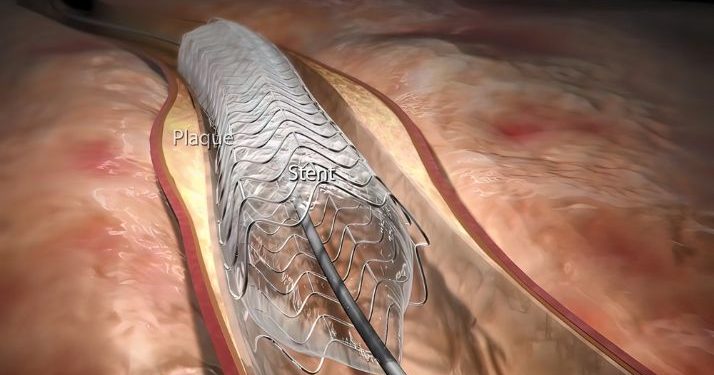During catheter ablation, the cardiologist will guide a tube through the heart and use cold or hot energy to destroy the area of the heart that is causing the arrhythmia. Depending on the type of arrhythmia, this may be an effective way to treat it. However, the procedure does have some risks. Fortunately, most of the risk is minimal, and most patients have little to no trouble with their recovery. It is important to discuss the risks with your physician, and explain the risks in the context of the treatment.
A catheter will be inserted into the heart through the groin or arm. It will be guided into the heart using X-ray imaging guidance. Once in, electrodes will be placed at the ends of the catheter. These electrodes will stimulate the heart, which will help the doctor determine what type of arrhythmia the patient is suffering from. The electrodes will also guide the catheters to the appropriate location.
After the catheter has been inserted, the patient will remain in the hospital for several hours. They will be monitored closely. They may be given medications to relax them, and they may also be put to sleep. The sedation medications will be delivered via an intravenous line. The patient may also be given an anticoagulant medicine for several weeks.
Patients who are catheterized may experience a small lump under their skin. They may also feel achy or sore in their chest. After the procedure, they will receive detailed instructions on how to take care of themselves at home. They should avoid strenuous exercise for several weeks. They should also avoid bathing until the incisions heal. They may also need to change their heart medication. They should also avoid sex for one week.

The patient may also experience pain or bruising at the catheter insertion point. It is normal to feel sore and achy for a few days. The pain will usually subside after 7 to 10 days. It is also normal to experience irregular heartbeats and skipped heartbeats after the procedure.
Depending on the type of arrhythmia that is causing the problem, the doctor may need to perform tests and other procedures before the ablation. If the patient has an ICD, or implantable cardioverter defibrillator, special arrangements must be made.
If the patient is undergoing a more complicated ablation, they may also need to stay in the hospital for one or two days. Patients should also avoid driving for a couple of days. They may also be advised to take blood-thinning medications for several months.
Some patients may also have an allergic reaction to the medicine used during the procedure. These symptoms are rare, but can occur. If you experience any unexpected symptoms, contact your doctor right away. It is also important to avoid heavy lifting and strenuous exercise for a few weeks.
Most people recover from catheter ablation successfully, and can return to normal activities within a few days. However, some patients may experience symptoms that require other treatment, such as heart meds or surgery.









